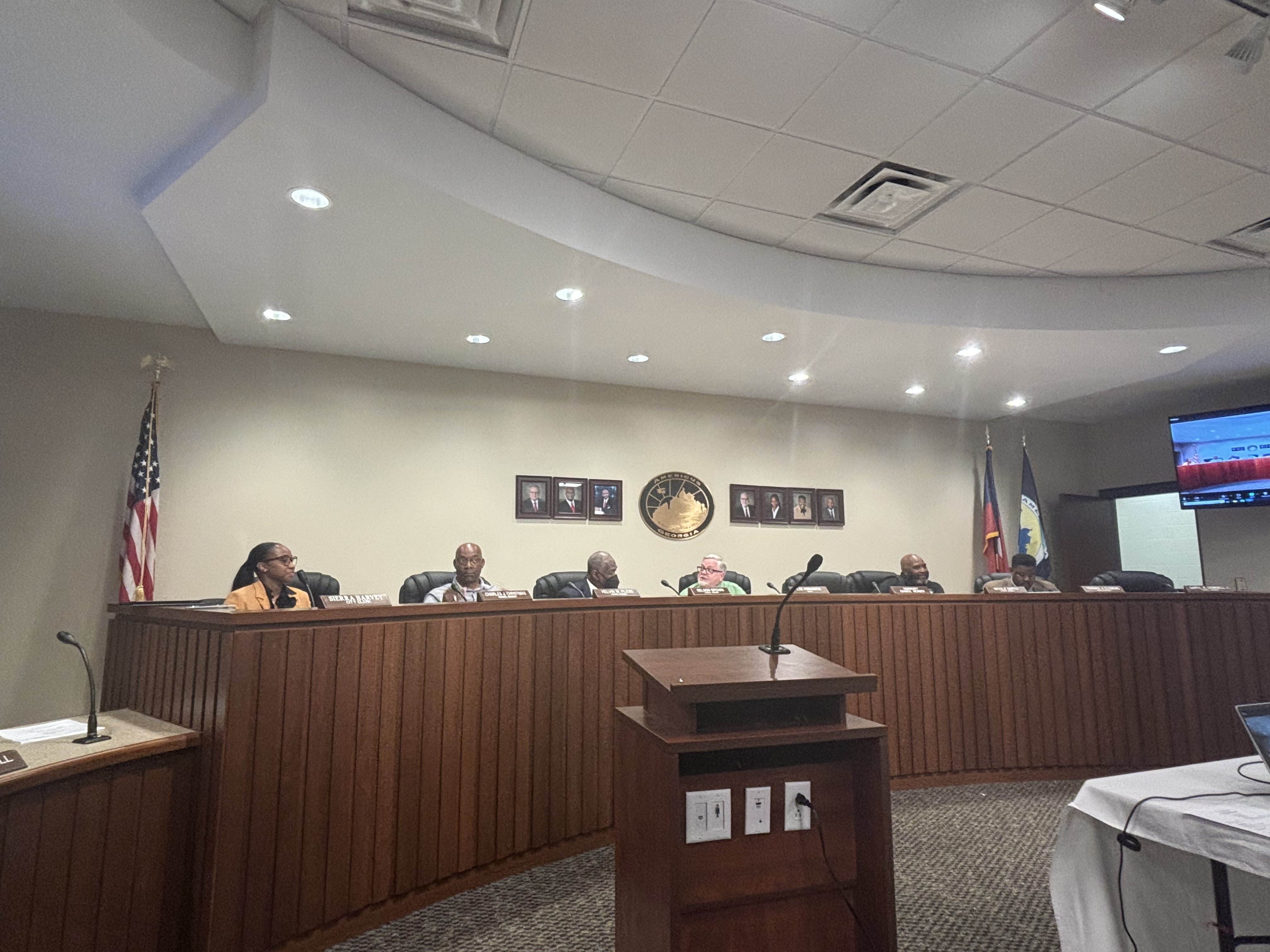Community chooses to embrace love over hate
Published 7:07 pm Monday, March 13, 2017
A few weeks ago, Chief Louis Dekmar of the LaGrange Police Department issued a formal apology for any role his agency may have played in the lynching of an African-American man on Sept. 7, 1940. The man was arrested for allegedly assaulting a white female and placed in the city jail. A group of armed, masked men forcibly took the suspect from the jail. He was later found unconscious and bleeding by a county road and died from his wounds. Chief Dekmar has been the Chief of Police in LaGrange for over 22 years, and stated that he had never heard of the incident until he overheard some ladies talking about it at the police department one day. He said that he believes it is important for him to publicly acknowledge and apologize for his agency’s part in the lynching.
A similar incident occurred in Americus on June 26, 1913. According to news accounts, Americus Police Chief William Barrow attempted to place William Redding, an African American, under arrest. Redding was able to get Chief Barrow’s gun and shot him through the chest. Several armed bystanders gave chase to Redding, shooting him and three other bystanders in the process. He was taken to the county jail where he was locked in a cell. The newspaper account states that later that evening a mob numbering in the hundreds stormed the jail and used sledge hammers and pry bars to break down the door of the jail. Redding was dragged from the cell and lynched on Cotton Avenue at the same place where the shooting of the chief had occurred. Chief Barrow died several days later of his wound.
The lynching was vehemently denounced in the local newspaper and according to the articles, every church in the city adopted resolutions condemning the actions of the mob. Accounts of the lynching were published in newspapers all over the country and even in some foreign countries. Editorials appeared all across the state railing against the injustice of mob violence. Although the crime against William Redding was widely denounced, a special Grand Jury failed to identify any of those responsible for the lynching or to return any indictment, other than to chastise the sheriff for being lax in his duty to defend the jail.
Although this blot on our city’s history occurred over 100 years ago, I agree with Chief Dekmar that it is important for us to acknowledge and apologize for the wrongs that have been committed in the past so that we can move forward and embrace the future. I would like to conclude, however, with a much different ending to a recent tragedy. On Dec. 7, 2016, Officers Nick Smarr and Jody Smith were both shot and killed while trying to arrest Minguel Lembrick on a warrant stemming from an incident of domestic violence. After an extensive manhunt, Lembrick took his own life rather than be taken into custody.
As in 1913, there was a public cry of outrage over the murders of two of our police officers and an outpouring of sympathy and support for the department and for Nick and Jody’s families. Unlike 1913, however, aside from the hateful ranting of a few, the community came together in sympathy and support for Lembrick’s surviving family. Members of our community, without fanfare, took food to the home of Lembrick’s mother on the day of Nick’s funeral. Other members of the community anonymously donated funds to the family to help with funeral costs. Still others, including some of our own APD officers, bought Christmas presents and delivered them to children in the family.
We can’t change the past, but we can certainly choose how we react to the events of the present. I am proud to be a citizen of Americus, Georgia, today, where love triumphs over hate, compassion over vengeance, and selfless sacrifice over retribution. We will not forget our past, but neither will we be defined by it. We choose instead to embrace a future infused with mutual understanding and hope.
Mark Scott is chief, Americus Police Department.






